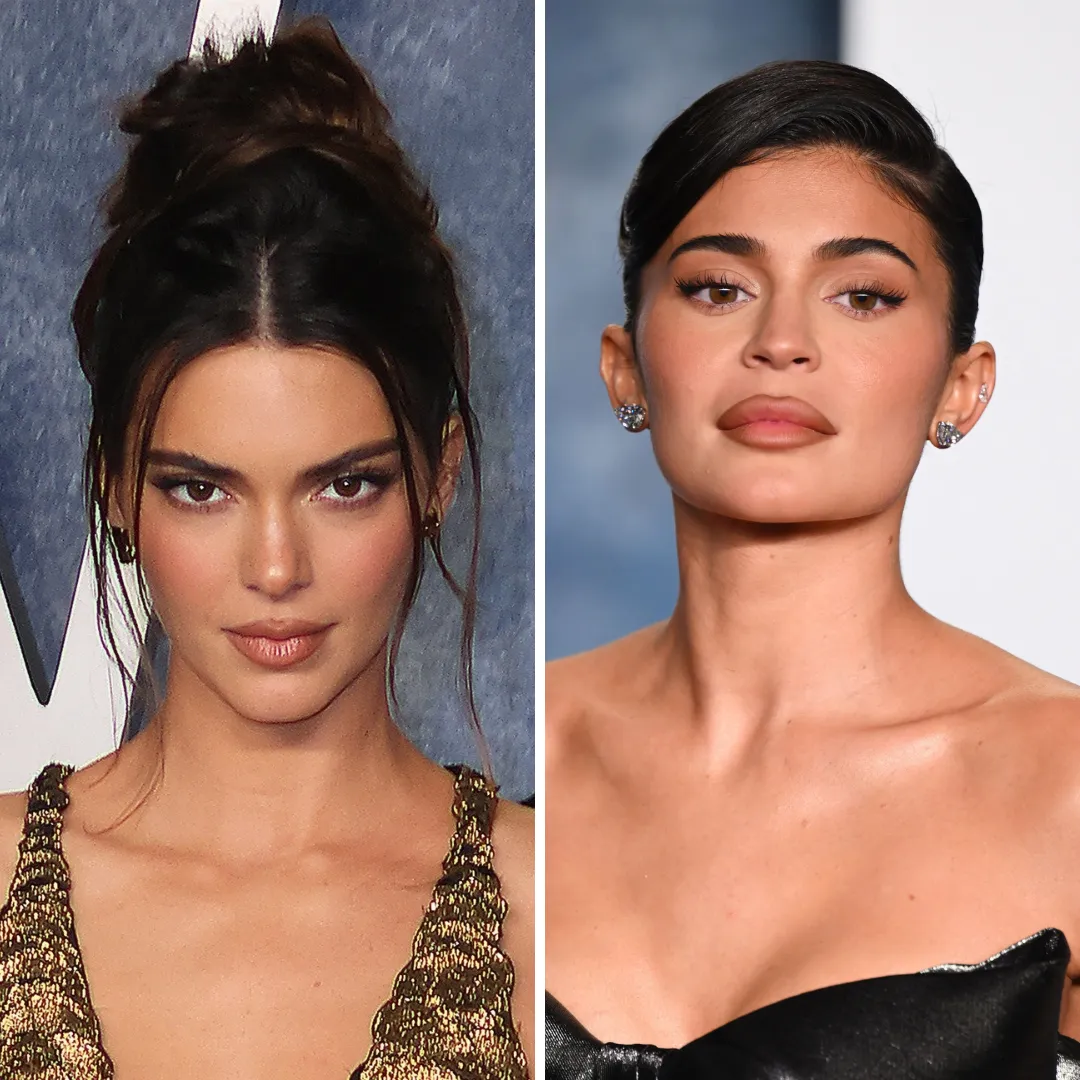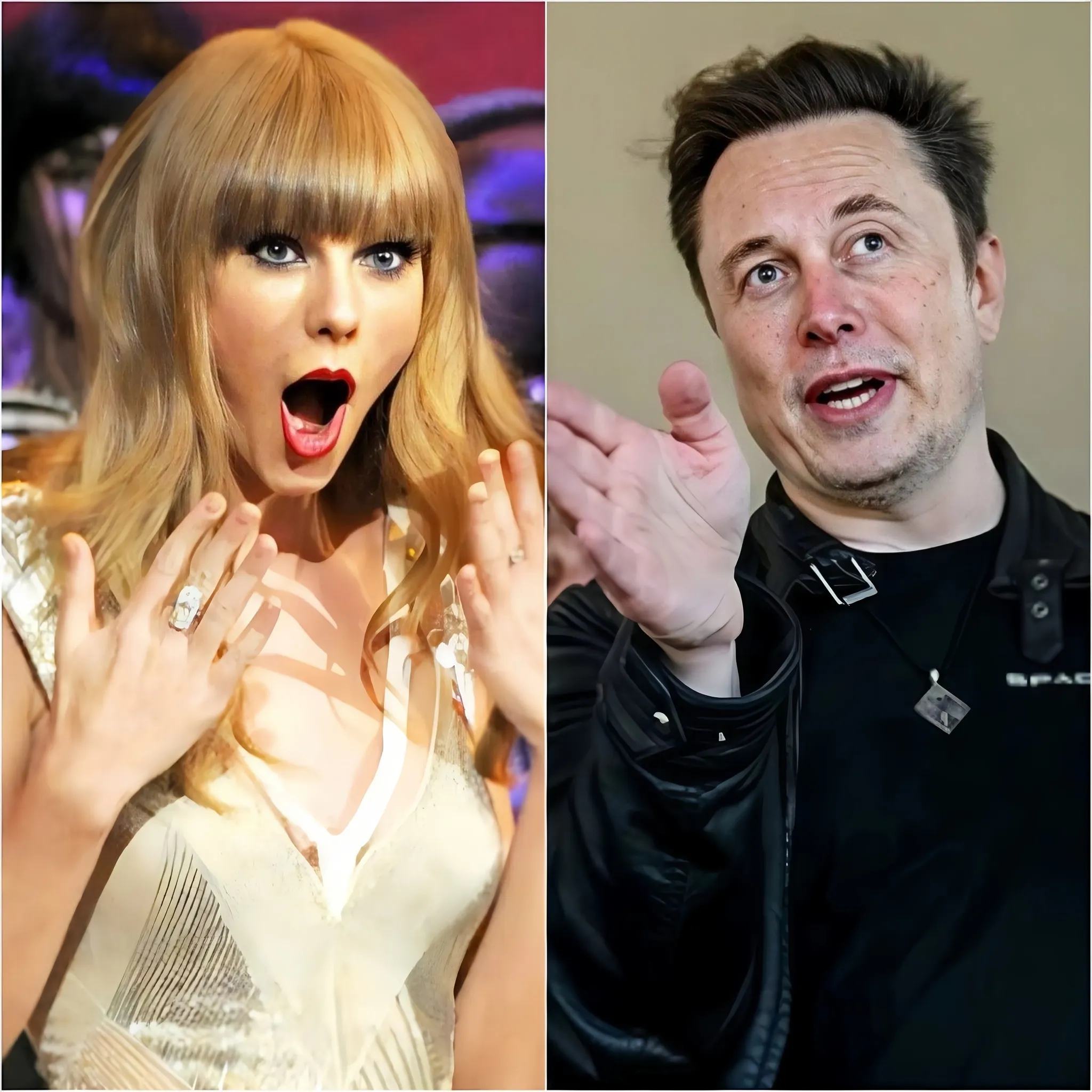
The ongoing debate surrounding transgender athletes in sports has reignited with author JK Rowling's recent accusations against Valentina Petrillo, a transgender sprinter from Italy. Rowling, known for her outspoken views on gender identity issues, took to social media to criticize Petrillo’s participation in women’s competitions, labeling it as “unfair” and “cheating.” Her remarks have sparked widespread controversy, intensifying the polarized conversation on inclusivity and fairness in sports.
Petrillo, who transitioned in 2019, has competed in events for visually impaired athletes, earning notable victories in women’s categories. Supporters view her achievements as a testament to resilience and inclusivity, while critics argue that her participation undermines the principles of fair play. Rowling’s comments have drawn both praise and backlash, reflecting a deep cultural divide on the issue of transgender rights versus competitive integrity.
The crux of the debate lies in whether transgender athletes, particularly those who have undergone male puberty, retain physiological advantages despite hormone therapy. Studies suggest that certain attributes, such as muscle mass and bone density, may not be entirely diminished, raising questions about competitive equity. Critics, including Rowling, assert that allowing trans women to compete in female categories risks marginalizing cisgender women and distorting the spirit of competition.
Supporters of Petrillo and other transgender athletes counter these claims, emphasizing the importance of inclusivity and the right to participate in sports. They argue that reducing individuals to biological factors disregards their identity and lived experiences. Advocates for LGBTQ+ rights stress that framing transgender athletes as “cheaters” perpetuates harmful stereotypes and undermines progress toward equality.

Rowling’s critique is part of a broader pattern in which she has voiced concerns about transgender policies and their societal implications. Her statements have often ignited fierce debates, with detractors accusing her of transphobia and supporters defending her as a champion of women’s rights. The controversy surrounding her views has led to calls for boycotts of her work and heated exchanges on social media.
Valentina Petrillo, meanwhile, has largely avoided responding to personal attacks, focusing instead on her athletic career. She has previously expressed gratitude for the opportunity to compete and has highlighted the positive impact of sports on her life. Her participation in competitions has been sanctioned under international guidelines that allow transgender athletes to compete in accordance with their gender identity, provided certain medical criteria are met.
The regulatory framework governing transgender athletes varies across sports, leading to inconsistent policies and ongoing debates. Organizations like the International Olympic Committee have attempted to balance fairness and inclusivity by setting thresholds for testosterone levels. However, these guidelines remain contentious, with critics arguing that they fail to address broader physiological differences.
The debate extends beyond sports, reflecting broader societal tensions surrounding gender identity and inclusion. Proponents of stricter regulations often frame their arguments as a defense of women’s rights, while opponents see them as attempts to exclude and vilify transgender individuals. The clash of perspectives has made this issue a lightning rod for cultural and political conflict.
Rowling’s comments have amplified these divisions, with public figures and advocacy groups weighing in on the controversy. Some have applauded her for raising legitimate concerns, while others have condemned her rhetoric as divisive and harmful. The discourse has highlighted the challenges of navigating complex issues where values like fairness, inclusion, and identity intersect.

Critics of Rowling argue that her remarks contribute to a hostile environment for transgender individuals, discouraging them from participating in sports and other public arenas. They point to the broader societal impact of such narratives, which they say exacerbate discrimination and stigma. Advocates for transgender athletes emphasize the need for empathy and understanding in addressing these challenges.
The issue remains far from resolution, with no clear consensus on the best path forward. Some have called for further scientific research to inform policies, while others advocate for dialogue and compromise to bridge the divide. The stakes are high, as the outcomes of these debates will shape the future of sports and the broader discourse on gender equality.
As the controversy unfolds, it underscores the difficulties of reconciling competing values in a rapidly evolving cultural landscape. The question of whether tolerance has “hit the finish line” remains open, reflecting the complexities of balancing inclusivity with fairness. For athletes like Valentina Petrillo, the journey continues, marked by both triumphs and challenges in the pursuit of their dreams.



